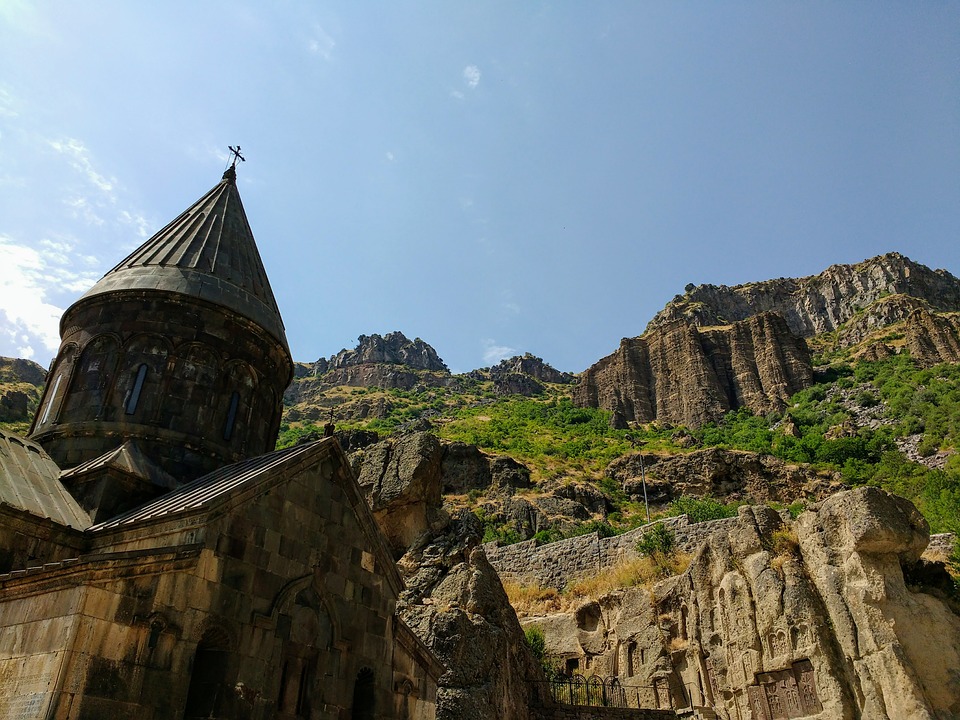
Throughout Armenian history, even when many Armenians were dispersed and no longer had their own state, the Armenian Apostolic Church has played a key role as a national church. However, according to Matthieu Barlet of the Observatoire Pharos, a French think tank monitoring religious and cultural trends around the world, the linkage between Armenian identity and faith seems to be transforming for a variety of reasons (observatoirepharos.com, January 19). In addition to territory and language, religion is crucial to the existence of the Armenian nation, with Armenians proud to have established the first Christian state in the world. A huge majority of Armenians belong to the Armenian Apostolic Church, although some have joined other denominations. Even if the first government in post-Soviet, newly independent Armenia envisioned a rather secular model, it was natural to have the special place of the church recognized in the constitution and parliament blessed by the Armenian Catholicos. The conflict with Azerbaijan over control of the Nagorno-Karabakh territory saw the church actively supporting Armenian national claims, as a protector of cultural, territorial, and national integrity.
Under the nationalist government of Robert Kotcharian (1998–2008), the alliance between the government and the church became stronger, with a growing place for the church in public life, mandatory teaching since 2002 of Armenian church history in primary schools, and mounting suspicions against newly established faith groups. But this took place at the same time that the society was becoming more pluralist, partly due to the influence of some diaspora Armenians who had assimilated the values of the countries where they were living. Since the mid-2010s, the church has not been immune to backlash against corrupt politicians with whom it has been seen to be associated. While the Second Nagorno-Karabakh War (2020), with Azerbaijan victorious, gave the church an opportunity to assert its role again, Barlet writes that a number of Armenians expect it to balance its undisputed position as protector of Armenian culture and identity with the realities of pluralism and the globalized aspirations of Armenian youth.

Armenia: The Monastery of Geghard (armennano | Pixabay)
(https://www.observatoirepharos.com/pays/armenie/leglise-apostolique-armenienne-un-pilier-de-l-armenite-en-question/)